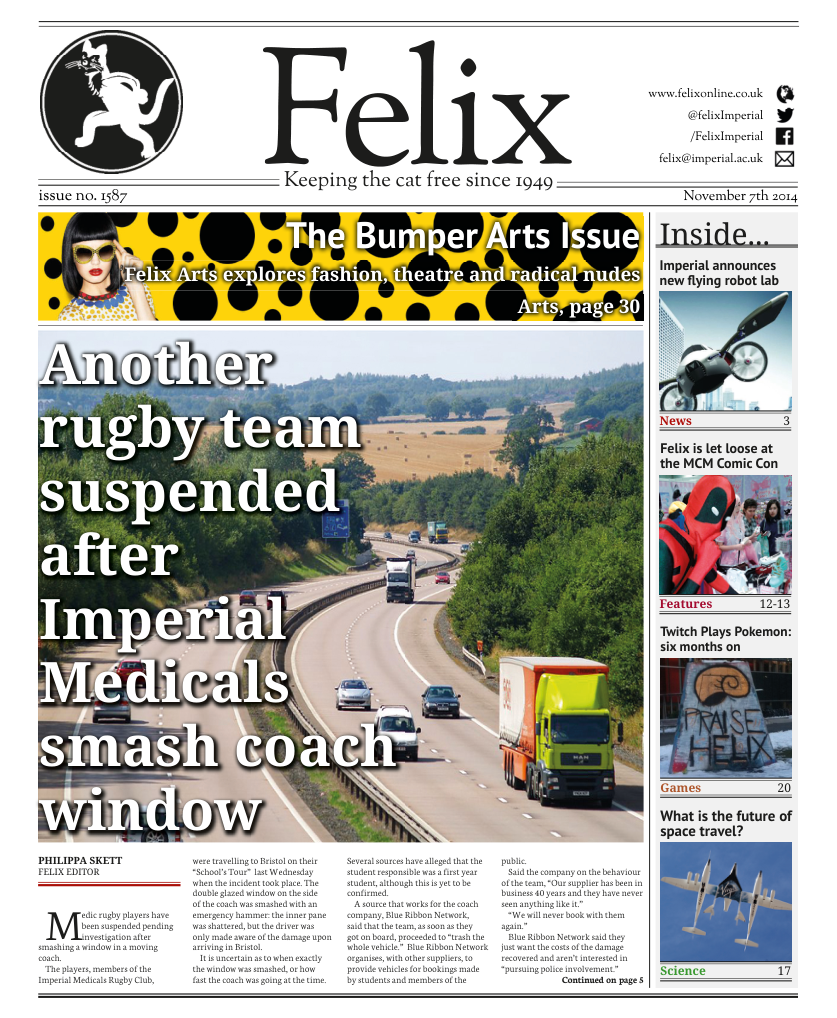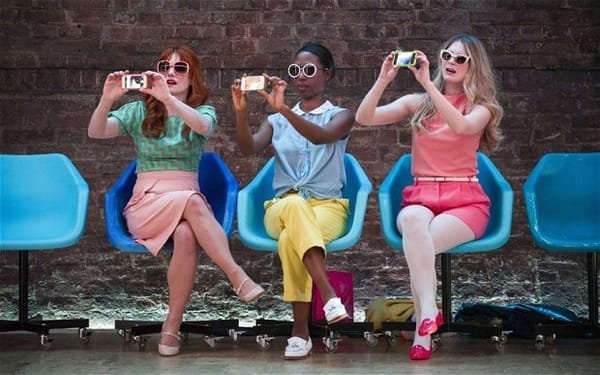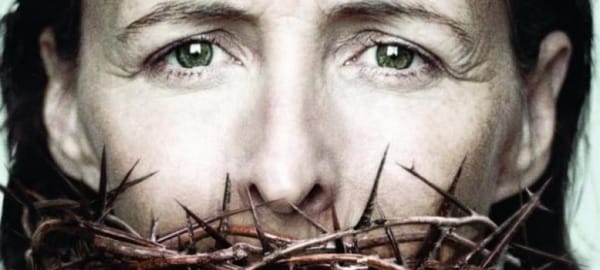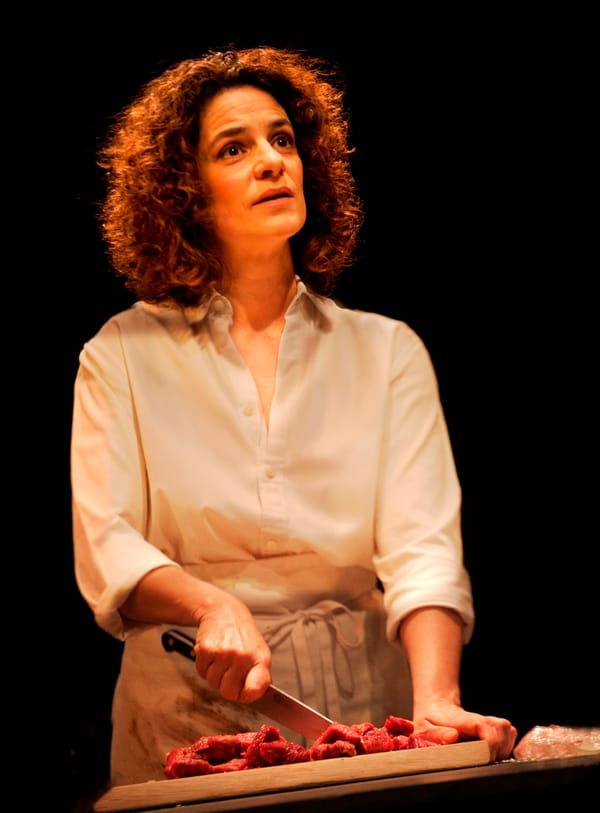King Charles III – Princely Propaganda or Royalist Treat?
Max Falkenberg asks if this play glosses over an important issue
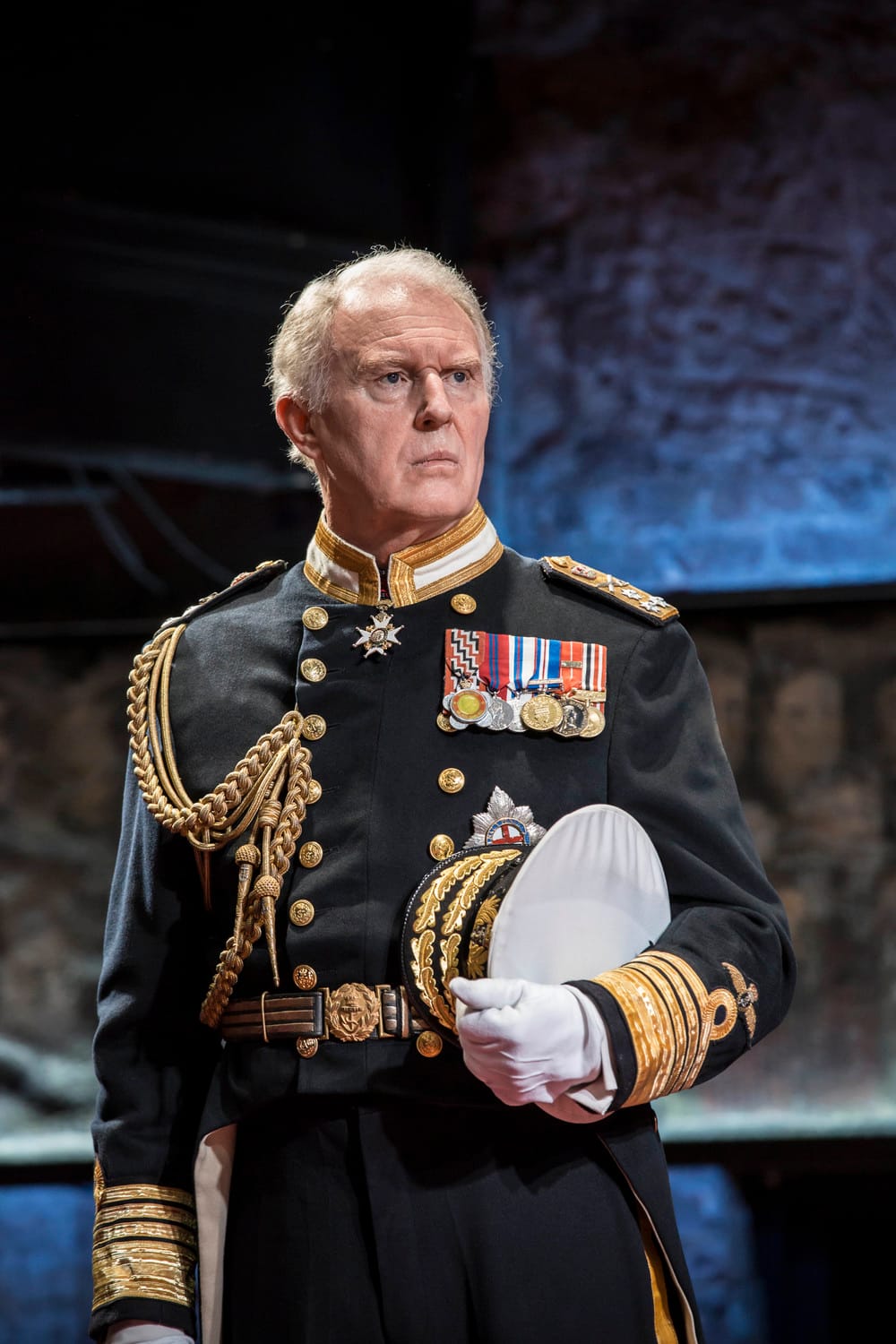
Royally entertaining…”, “stimulating comedy”, “a victoriously vulgar piece of light entertainment.” Not so fast!
That’s what the popular, royalist press of this country has been saying about this year’s must-see show, King Charles III at the Wyndham Theatre.
Of course, for a huge proportion of the British population, the Royal Family are, quite literally, the crown jewels of this great country. Unfortunately, I’m not one of those people, and so it shouldn’t surprise you that I was not quite as “royally entertained” as some other parts of the admittedly jovial audience. A great play maybe, but a shocking case of trivialising a scarily dark issue.
I may not have found King Charles III particularly funny but I cannot deny that Mike Bartlett’s new play is an exceptional work.
Usually performed by Tim Pigott-Smith, Charles’ understudy Miles Richardson stepped up to replace him with an exemplary performance (even if he does look a good twenty years too young), supported by a superb cast (less one or two theatrical dunces).
Directed by Rupert Goold, the play centres around Charles’ role as king after his mother Elizabeth II dies (sometime around 2022 apparently).
A little too enthusiastic about his newfound “ceremonial” powers, and all too eager to leave his mark as Britain’s greatest ever monarch, the country is left in turmoil following Charles’ refusal to sign a new bill. Although the likelihood of such an event taking place nowadays is (hopefully) extremely remote, the play does raise serious and uncomfortable questions about the role of the British monarchy.
Bartlett’s play unravels like a Shakespearean epic and touches on all the facets of these alarming questions as part of a stunning new play.
If Bartlett’s script had been left like this, maybe it’d be the best new work of the year. But like all the great royal stories, Harry’s so-called girlfriend is portrayed as a ditsy, pretty, not very opinionated slut (not my ideal choice of words but it’s how it comes across), and for some reason Diana’s ghost decides to glide across the stage every now and then, in a ridiculous, panto style joke.
It wasn’t a huge issue, and it certainly didn’t spoil the show, but it is a real shame that whenever the royals are spoken about, what would otherwise be considered a real, serious problem is simply trivialised with some stupid joke about Camilla’s horse-face.
The performances of those characters playing serious roles in the show were exceptional, with Lydia Wilson as Princess Kate being a particular stand out. But again, poor casting and unfriendly writing meant that regardless of performance quality, several of the casts smaller roles felt stunted and were unfortunately performed with little conviction.
I must admire Mike Bartlett’s attempt in writing a play about such a touchy issue, but I can’t help but feel he lost his way somewhere.
Yes, the show is gripping throughout. Yes, the cast is great. Yes, the pretty red steps on the blank stage provide a perfect framing for such a show. But the next time I go see a show about real people and real issues, don’t get a clown to prance all over the stage and make the whole idea look ridiculous.
That’s not to say it wasn’t a great show, but you better be a royalist for it not to annoy you.
King Charles III is on at Wynham’s Theatre, until 31st January.

